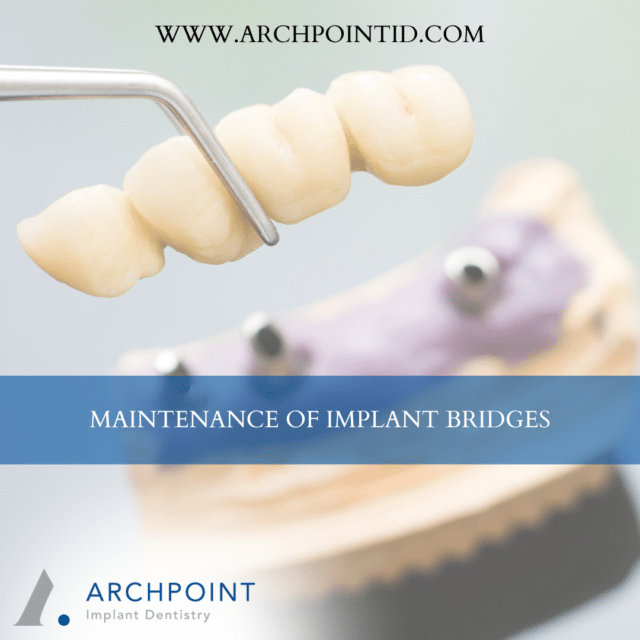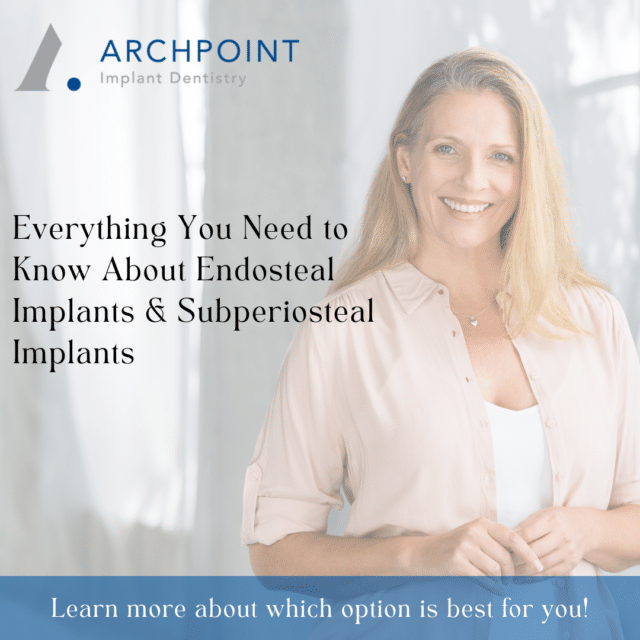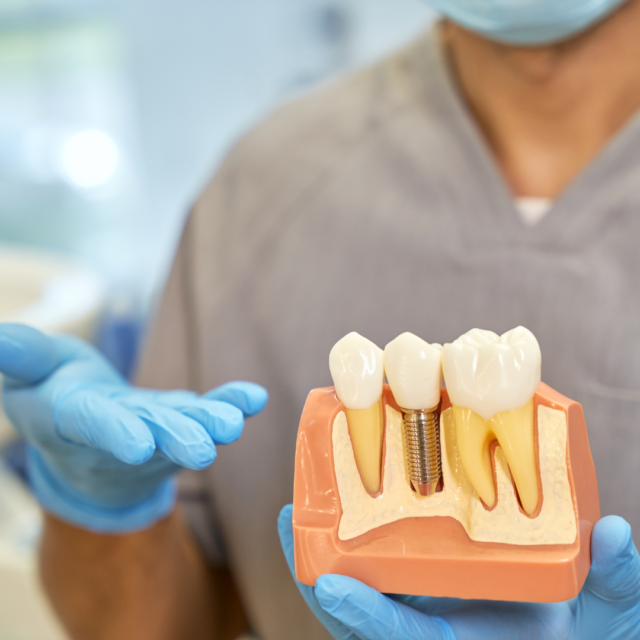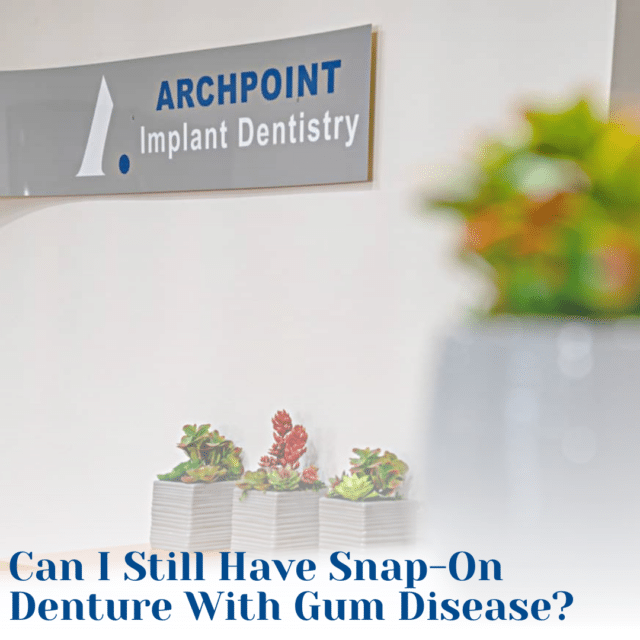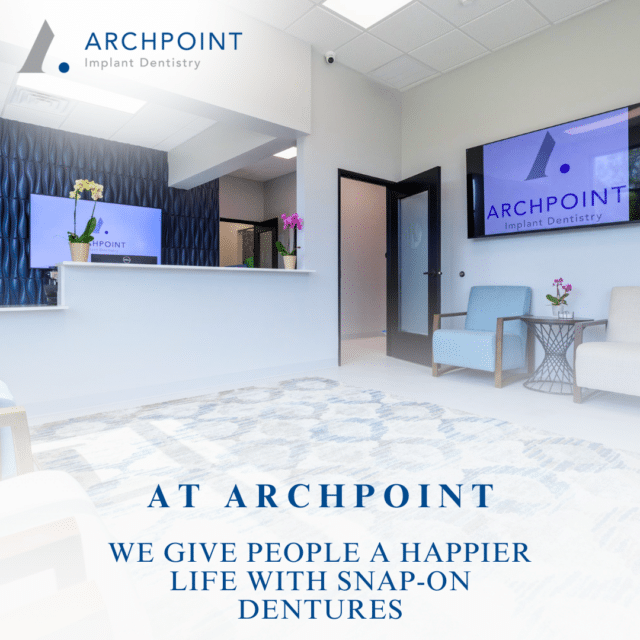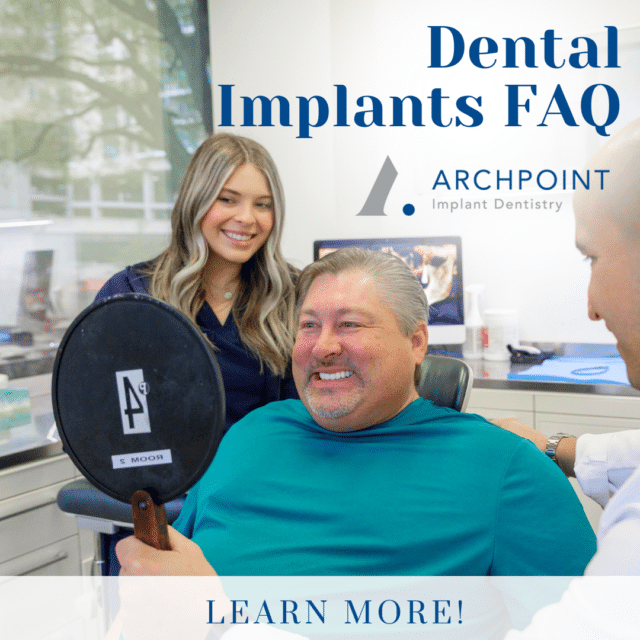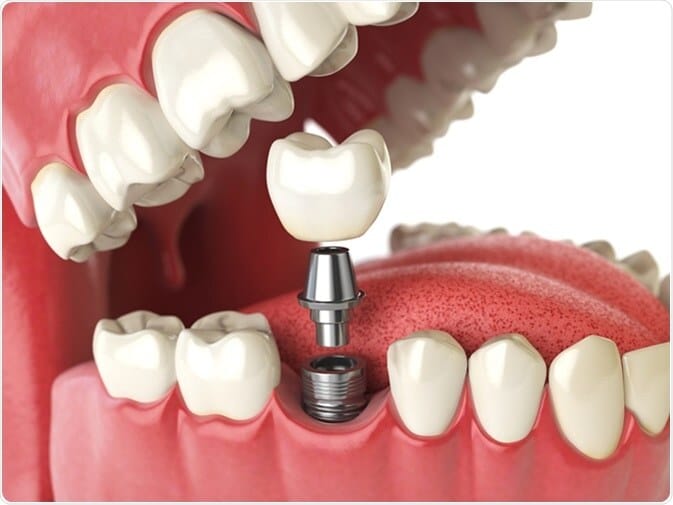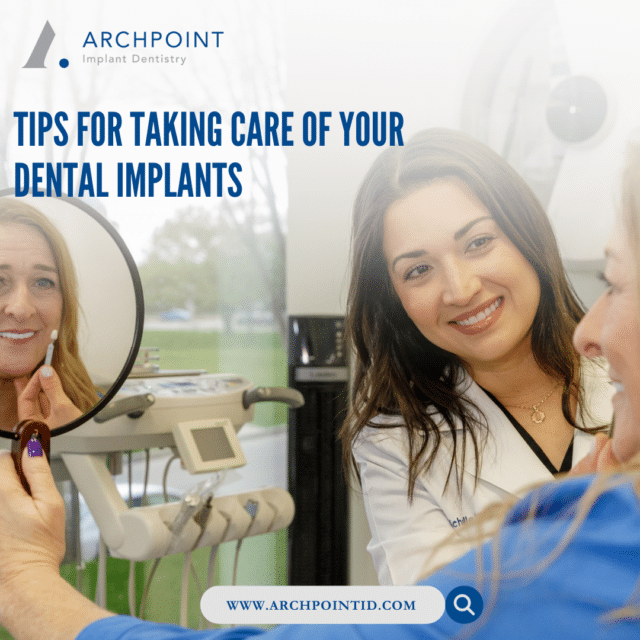Compared to conventional bridges, which are held up by crowns, implant bridges are thought to be stronger. On the other hand, implant bridges are maintained by implants placed within the bone. The mouth does not get rid of bridges. Food fragments may go unnoticed because these won’t be cleaned. This means that in order to prevent food particles from becoming stuck in between teeth, maintenance is crucial. If not, harmful bacteria may begin developing there.
Cleaning the Bridge Every Day
A bridge requires twice-daily brushing, just like natural teeth do. The patient needs to exercise extra caution when cleaning the area around the implants. The removal of bacteria from the area is even more important. A buildup of even a small amount can lead to gum irritation or disease. That might result in issues with dental health.
Regular Oral Care
The patient will still require routine dental visits. In this manner, the bridge can be kept as spotless as possible. Potential problems will be identified early on. The dentist may see problems that the patient missed because they are more trained. The patient might not be able to see these problems. Frequent dental checkups will maintain the gums and bridge healthy. In this manner, the bridge and implants will have a long lifespan.
Overall Health
The jawbone must continue to grow in order for implants to be supported by an implant bridge. The bones may weaken if they do not receive enough nutrition. The implants may not be properly supported if the jawbone is too weak. That may require the implants to be removed. It is important to have fresh foods that have vitamins each day. On the other hand, patients should avoid sugary or acidic foods. Sugar feeds the bacteria causing the implant to fail.
Bone Simulation
The bones may shrink if they are not used frequently. They become less dense as a result. That also applies to the mandible. Patients should eat crunchy foods frequently to maintain the strength of this area. The implant will move slightly as a result, stimulating the bone. Furthermore, having them helps maintain bodily health.
Reserve a FREE Consultation Today!
You can prolong the life of your dental implants and maintain a beautiful smile for many years by following these recommendations. ARCHPOINT has been changing the lives of patients for many years and providing outstanding results. Don’t just take our word for it! – Check out our Patient Testimonial. Get a professional opinion from one of ARCHPOINT Implant Dentistry experts and learn how we can change your smile. We offer free initial consultations—including a 3D scan—for anyone considering dental implant bridges in Dallas, Southlake or Ft. Worth. Call ARCHPOINT Implant Dentistry to reserve a no-pressure dental implant consultation.
